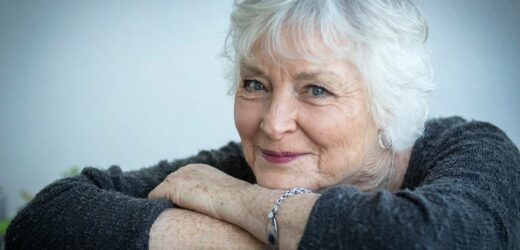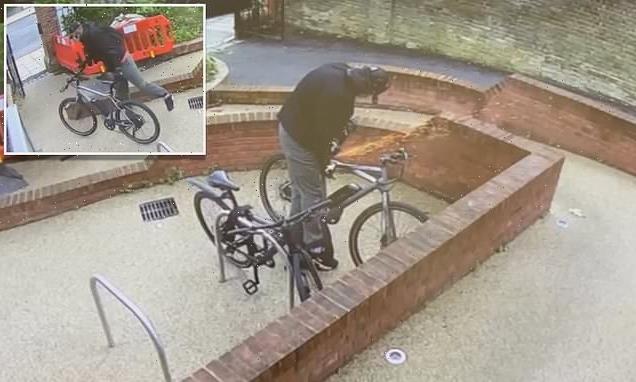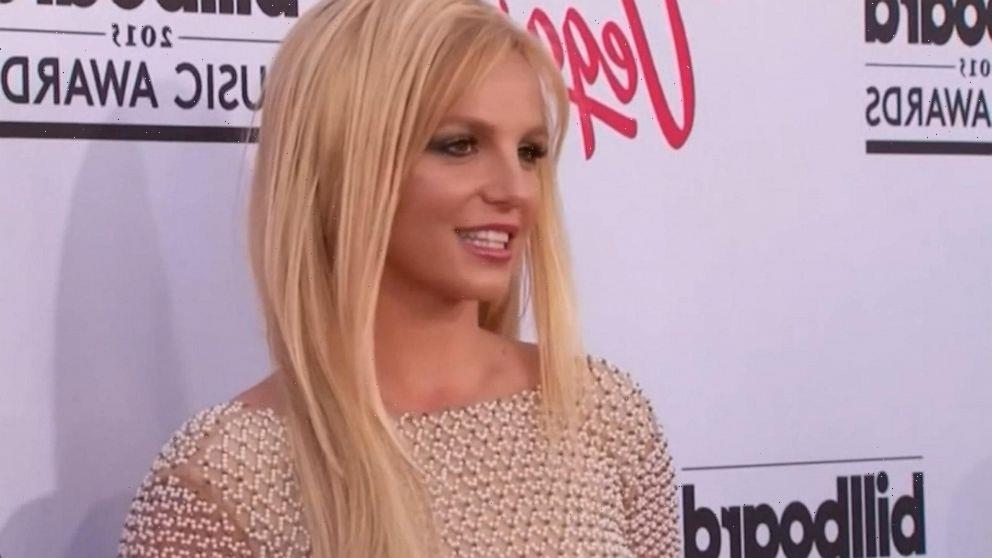Lisa Harrow is one of New Zealand’s most successful acting exports and, after leaving Auckland in 1966 to study at RADA (The Royal Academy of Dramatic Art) in London, her early professional roles were opposite Judi Dench, Peter O’Toole and Anthony Hopkins. Still enjoying a stellar stage career, as well as regular screen roles, Lisa can be seen in The Brokenwood Mysteries, Sundays 8:30, TVNZ1 or TVNZ OnDemand.
I spent my early years living with my mother, aunt and grandmother in Takapuna while dad was away at war. When he returned, he worked as a scientist, an entomologist and plant pathologist, for the DSIR in Mt Albert. My brother and I would wait for him at the bottom of our road, so we could ride back up the hill on his Indian motorbike, one on the back, the other on the petrol tank. When nana sold Eversleigh Rd, mum and dad applied for a state house and we moved to the transit camp in Pt Chev behind The Zoo when I was 6. That’s where everyone stayed while they waited for their house to be finished and some of the families we met there became firm friends for life.
We didn’t go to the theatre, so I learnt about drama through School Journals, which always had a little play at the end of them. And I had a wonderful teacher. Miss Hurley was an older Irish woman with a fierce temper. She’d pull our ears if our writing wasn’t good enough but, if we were good, on Friday afternoons we would do the play from the School Journal and I loved them and that’s how I learnt about plays.
We weren’t a religious family and we didn’t have a television, but literature and language were important in our household. I read Grimm’s Fairy Stories, Greek myths and legends and at 10, I was given Lamb’s Tales From Shakespeare, the adaptations for children. I was so struck by the emotions, that I started reading Shakespeare. The language really got to me, so I went to the library to find images of Shakespeare’s plays, as I’d never seen one and didn’t know what they’d look like. I found a black and white photo album from the Royal Shakespeare Memorial Theatre, as the RSC was called then, and that’s when I decided I wanted to be a classical actress, and work at Stratford-upon-Avon. By the time I went to high school, to Epsom Girls’ Grammar, I was dedicated to that mission although I hadn’t a clue how to achieve it.
I was a single-minded independent girl who wasn’t interested in being married or having boyfriends, I just wanted to go to England and work for the Royal Shakespeare Company. I did a lot of plays and one actor I worked with, Bruce Purchase, he went to RADA so, inspired by that, I applied to audition. But my parents prevailed on me to go to university for one year, but all I did was direct plays, as I wasn’t interested in having a degree. Mum and dad still insisted I have another profession, either shorthand typist or primary school teacher. I wish I’d chosen shorthand, but I was a bit stuck up about being a secretary so I went to Teachers’ College. By the end of the course, I knew I had an Arts Council bursary so, just before graduation, I flew to England to audition for RADA and I got in, and because The Royal Shakespeare saw me at RADA, I was cast in Twelfth Night with Judi Dench.
When you work with Shakespeare, you discover how rich the text is. There is no other writer like him. You can take a single speech or a sonnet and work on it for hours and still not fully unpack the complexity, the thoughts and feelings. I get cross with people who throw words away without thought. Language is such a gift for our species; and for us to have this extraordinary communicative power, it’s shameful to diminish it to mumbles and shorthand. Yes, I’m an old fogey about language, but it really does matter.
I was at a rally for whales in Trafalgar Square in 1981. Greenpeace had invited me to read a piece about blue whales, how the songs of the biggest whales could carry over 13,000 miles, into the deepest trenches of the ocean, into the mantle of the Earth. After reading those magical words in that incredible space, I walked down the stairs and met Roger, [Dr Roger Payne] the man who discovered that humpback whales sing songs. That afternoon we talked for three hours and 10 weeks later we were married. I did not want to marry in England because I didn’t want to do it in a church or a registry office, so we were married in a stone circle in Vermont as the brass section of the Vermont Symphony Orchestra played a Bach fugue.
When we were first married, Roger came to every performance I gave. It used to drive me mad. But what he discovered – the play was different every night. Previously he’d thought a play would be the same each night and, as a researcher of animal behaviour, he was fascinated to learn this and wanted to know why. Well, it’s the audience of course. If you have a good audience, you give a better performance.
While in New Zealand during this visit, I’ve forced myself to finally sit down and look at all the programmes and cuttings my mother kept for me, going back to the late 50s till the end of her life. My itinerary to London, the flight cost £397. My application to RADA. I even found the little card mum was given when I was born in the cottage hospital in Mt Eden, with my weight and that I was a girl.
My mother was the illustrations editor for the Auckland Star and a fantastic archivist. As you get older you realise you become the repository of all knowledge. My parents are both dead now and my brother is dying, so what I tell people now is, for god’s sake, if you have any questions about your family history, ask your parents while they’re still alive.
My big brother was a sheep farmer and a great believer in Round-Up and Paraquat, and dad was an agricultural chemicals person who worked with those things in the 50s at the DSIR. So my brother followed dad’s example and everything that needed killing got zapped. But those terrible substances that we throw around with gay abandon over everything we eat and grow, they have done terrible damage to my brother’s brain and he now has Multi-System Atrophy (MSA). There is no cure, and slowly, gradually, every system in his body will shut down. Such a hale and strong, healthy-living Kiwi farmer, Peter is now a little boy lost in a dementia ward in Hamilton. His wife is an exemplary caregiver, but before long his brain won’t remember how to swallow or even how to breathe.
I missed my mother dying and my father and now I watch the degeneration of my brother. On the other side of life, my son has three children, a boy of 4 and identical twin girls of 2, so I’m watching my brother decline while new life grows and flourishes. To have these little limpets cling to you, with their energy and love, I understand now why people love being grandmothers. So I’m very grateful to Covid for this time, to be near my brother, and to be central to the development of my mokopuna.
A couple of years ago I was in Victor Rodger’s play At The Wake in Wellington. On opening night an old man introduced himself to me and said, “I’ve been waiting to see you on stage in Wellington for 52 years, because I was one of the people who awarded you your bursary.” I burst into tears and said, “Thank you for my life”. My heart nearly exploded. Then Elspeth Sands came and hugged me, and the man vanished. I never learnt his name, but I really want to connect with him, because without him, I couldn’t have gone to London. So I would love to find that man, and thank him for my life.
Source: Read Full Article

/cloudfront-ap-southeast-2.images.arcpublishing.com/nzme/ENEERC245OMB3L2473SSRLJWFA.jpg)
/cloudfront-ap-southeast-2.images.arcpublishing.com/nzme/UISAOGQMUHY7V57QDJWLRKNVBY.jpg)

